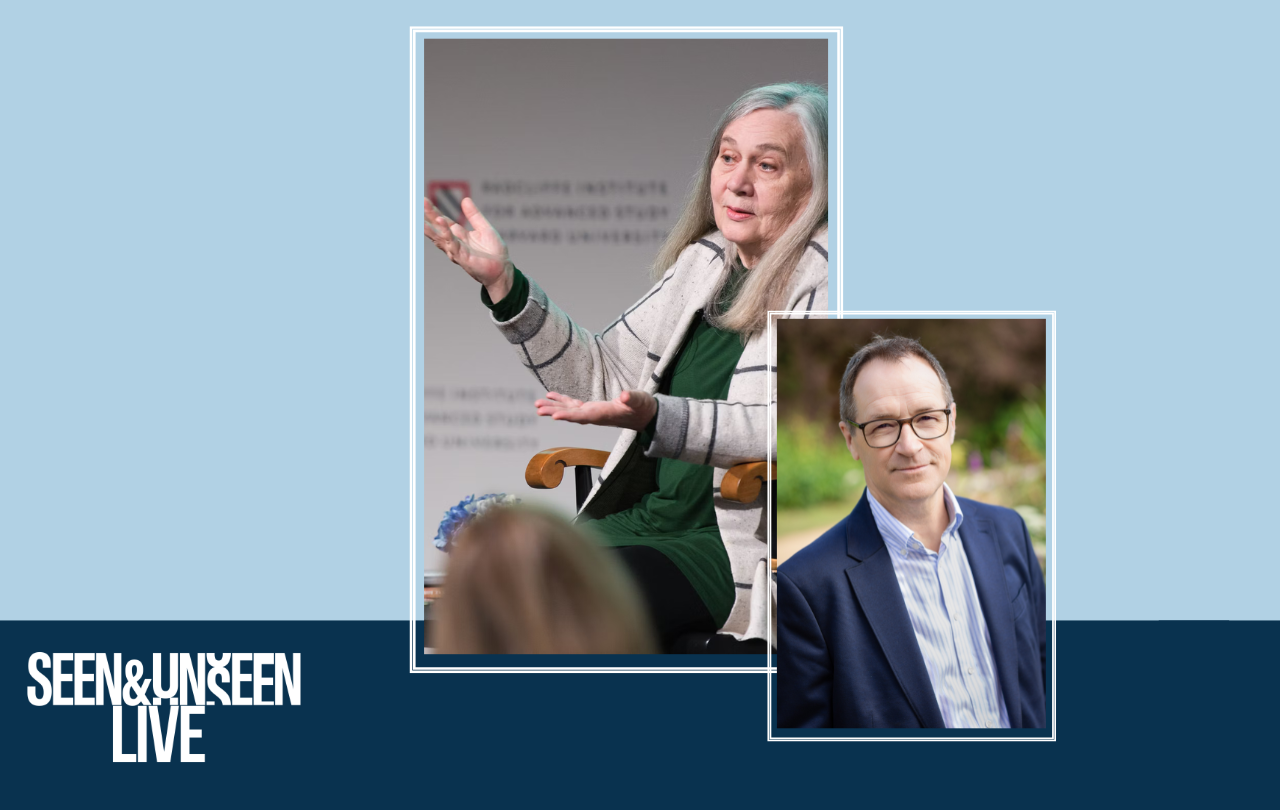Friday at Glastonbury 2025 saw something more than a musical performance: it saw a homecoming. Lewis Capaldi returned to the stage after a two-year hiatus, and the response was nothing short of extraordinary. His performance in 2023 was emotional as people saw a man struggling with his mental and physical health, which ultimately led him to step back for two whole years. As he returned to the stage, people cheered, and people cried. He cried. I cried. It was not just the return of a singer, but the return of a story we all long for: a redemption arc. A story of coming undone and coming back.
Capaldi had stepped away from the spotlight for those two years to care for his mental health. When he appeared, he was welcomed with warmth, kindness and compassion. The fields of Glastonbury turned into a sanctuary for a few sacred minutes, as thousands honoured someone not because he had pushed through, but because he had paused.
I found myself deeply moved. I couldn’t look away. Why was this moment, this man, this vulnerability, so captivating?
It is because, as humans, we are wired for stories of authenticity. We love a comeback story. The narrative of someone who ventures into the wilderness and then returns speaks to something in all of us. Who is willing to admit their own weakness. To return to the stage in this moment reminded us that the comeback was greater than the setback. This was a moment worth celebrating.
As part of his return set, he debuted his new song Survive, in which he sings,
“But when hope is lost and I come undone, I swear to God, I’ll survive.”
There’s power in that lyric, not in thoughtless defiance, but in the quiet, resolute declaration that survival to keep going is an act of courage.
St Paul, in his second letter to Christians in the city of Corinth, reminds us of a paradox at the heart of the Christian faith:
“I will boast all the more gladly about my weaknesses, so that Christ’s power may rest on me.”
Strength and weakness are not opposing forces; instead, they are intertwined. The bridge connecting them is vulnerability. Strength in weakness provides us with a portrait of actual vulnerability, as sharing our weakness requires great strength. It has been said by many that although we might impress people with our strength, we connect with people through our weaknesses. This vulnerability provides the connection that we are built for as humans.
In a culture that celebrates performance, progression, and perfection, vulnerability often feels like a risk. But what if it’s our greatest strength? What if this, the trembling voice, the open heart, the tear-streaked face, is what connection is made of?
Capaldi’s return showed us a part of what it means to be human: to break, to heal, to return. And to be welcomed back. It was a gentle resistance to cancel culture, which tends to hold people captive in their weakest moment, freezing them in failure. But the crowd at Glastonbury chose a different way. They chose empathy and kindness when confronted with another's humanity. This made space for a new story to be told.
The Christian story has always been one of ashes to beauty. Of life out of death. Of hope in despair. Whether it’s the prodigal son running home, or Peter by the firelight, forgiven and restored, there is room in the story of grace for those who step away, and celebration when they return.
And so, Capaldi’s return was more than a performance: it was a parable. A living story of what happens when we choose to make space for one another’s pain and honour the quiet courage it takes to come back. It reminded us that sharing our weaknesses is not a weakness at all, but an act of strength, even defiance, in a culture that so often pulls us toward isolation and self-protection. Why was it so captivating? Because vulnerability is powerful. It draws us in, disarms us, and reminds us of our shared humanity. We long to be known, and we ache to belong. In a field of thousands, vulnerability is what ultimately unites and connects us.
Support Seen & Unseen
Since Spring 2023, our readers have enjoyed over 1,500 articles. All for free.
This is made possible through the generosity of our amazing community of supporters.
If you enjoy Seen & Unseen, would you consider making a gift towards our work?
Do so by joining Behind The Seen. Alongside other benefits, you’ll receive an extra fortnightly email from me sharing my reading and reflections on the ideas that are shaping our times.
Graham Tomlin
Editor-in-Chief





